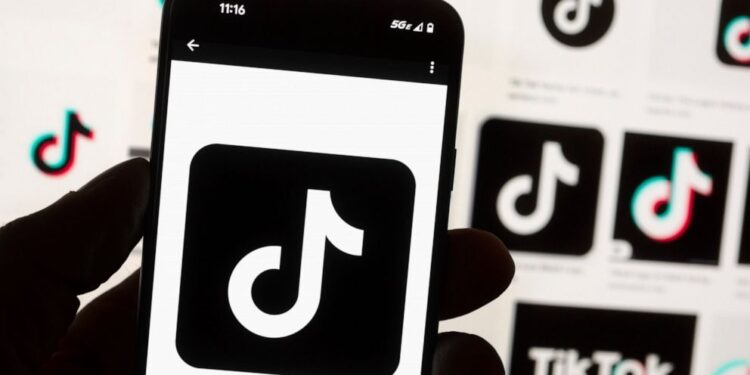TikTok CEO Shou Chew sat before members of Congress on Thursday during what was an extraordinary, marathon hearing regarding the popular social media platform’s alleged ties to China’s government as well as harmful content targeting teens and the app’s addictive nature.
Throughout the hearing Chew repeatedly rebuffed lawmakers’ arguments that Americans’ user data can be accessed by the Chinese government through TikTok’s Beijing-based parent company ByteDance.
“ByteDance is not an agent of China or any other country,” the CEO said in his opening testimony. “Our approach has been to work transparently and cooperatively with the U.S. government and Oracle to design robust solutions to address concerns about TikTok’s heritage.”
But lawmakers, including Chairwoman Rep. Cathy McMorris Rodgers (R-WA), weren’t convinced by Chew’s assurances.
“We do not trust that TikTok will ever embrace American values,” McMorris Rodgers told Chew. “The facts show that ByteDance is beholden to the CCP, and TikTok and ByteDance are one in the same.”
Chew attempted to assuage lawmakers’ concerns by pointing to TikTok’s Project Texas, which pushes all U.S. user data through Oracle’s servers rather than its own systems. The effort, which TikTok says cost $1.5 billion, is meant to create a sort of firewall between U.S. users’ data and the Chinese government.
Part of that process also includes TikTok having to delete backup copies of Americans’ user data from its own servers, something Chew says will be completed by the end of this year.
That, however, didn’t satisfy members on either side of the aisle.
Rep. Daniel Crenshaw (R-TX) offered the most succinct explanation for lawmakers’ fears over TikTok’s user data, specifically when it comes to teens.
“I want to say this to all teenagers out there, and TikTok influencers who think we are just old and out of touch and don’t know what we’re talking about, trying to take away your favorite app: You may not care that your data is being accessed now, but it will be one day when you do care about it. And here’s the real problem: with data comes power” he said.
“The long term goal of the CCP is the demise of the American power – and that starts with our youth….You want to know why democrats and republicans have come together on this? That’s why we’re so concerned,” Crenshaw added.
But the conversation went far beyond the potential for China to scoop up American user data. Committee members also hit on themes including the spread of medical misinformation on the app, violent content, and the platform’s ability to target young users.
Rep. Kat Cammack (R-FL) specifically pointed to an example of a TikTok showing an animated gun firing, with a caption threatening the committee.
“This video has been up for 41 days,” she said. “It is a direct threat to the chairwoman of this committee, the people in this room — and yet it still remains on the platform and you expect us to believe that you are capable of maintaining the data security, privacy and security of 150 million Americans…”
Chew attempted to counter arguments about teens’ excessive use of the app by explaining that TikTok has a 60-minute limit for younger users. But committee members said teens can simply bypass any limits by creating different accounts or just blowing by the usage warning.
“Let’s face it, our teens…they know how to use the technology and get around these limits if they want to,” Rep. John Sarbanes (D-MA) said. “Are you measuring how many teens continue to exceed the 60 minute time limit on that app?”
At times, Chew attempted to respond to criticisms of the app, but was repeatedly cut short committee members.
In a statement after the hearing, a TikTok spokesperson criticized the representatives, saying: “Shou came prepared to answer questions from Congress, but, unfortunately, the day was dominated by political grandstanding that failed to acknowledge the real solutions already underway through Project Texas or productively address industry-wide issues of youth safety.”
The debate about TikTok is still far from over. The Biden administration is attempting to force the company to sell itself to an American entity to prevent China from accessing user data. A number of bills are also circulating in Congress seeking to ban the app outright.
The chances of those moving forward, however, are slim as prior attempts to ban TikTok have been shot down in the courts.
Source: Yahoo



Recent Comments